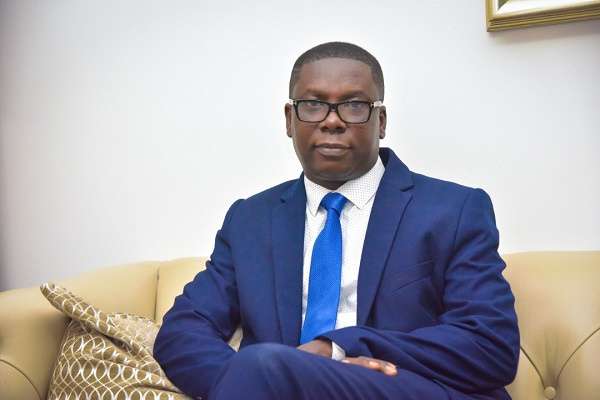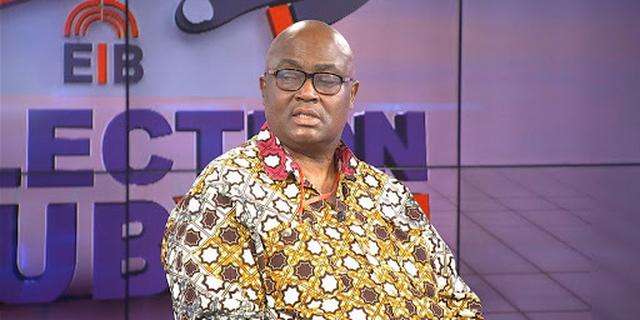Ben Ephson, a pollster and Managing Editor of the Daily Dispatch Newspaper, has stated that the outcome of the NPP’s Special Electoral College was not unexpected.
He asserted that former Trade Minister Alan Kyerematen, who was thought to be Vice President Dr. Mahamudu Bawumia’s leading rival, was unable to match his (Dr Bawumia’s) standards because he (Alan Kyerematen) is not affiliated to the party.
“On 22nd June 2022, over a year ago, when I heard Kennedy Agyapong would be contesting, I did a little research and later published in my paper that Kennedy Agyapong will push Alan Kyerematen to third place. Ken’s problem is that he does not deal with the delegates, especially the young ones.
“Alan peaked in 2007 when he contested Akufo-Addo about over 15 years ago. Alan didn’t go to Parliament, so the delegates aged 32 and below when Alan peaked, they were 15 years and they didn’t know Alan Kyerematen. There’s no connection between Alan and party delegates who elect flagbearers.”
Ben Ephson
Therefore, he believed that Dr. Bawumia won easily because, throughout the previous six years, while serving as Vice President, he had planned and developed a solid relationship with party delegates. To be a flagbearer, he averred that one must have a close relationship with the party delegates.
Most Super Delegates Are Footsoldiers
According to Dr. Gideon Boako, spokesperson for Vice President Dr. Mahamudu Bawumia, the majority of the New Patriotic Party (NPP) Super Delegates who casted ballots during the Super Delegates Conference on Saturday, August 26, were foot soldiers and continue to remain foot soldiers of the party.
Following the polls, some commentators, notably Professor Ransford Gyampo, a political science lecturer at the University of Ghana, alleged that the majority of delegates who cast ballots in the special election were government appointees and as a result, supported Dr. Mahamudu Bawumia, the ‘establishment’ candidate.
However, he asserted that based on his initial observations, the rankings of 1-3 are not very surprising. He asserted that the establishment “politically made” the majority of the delegates and that the establishment’s support is what allowed them to continue serving as appointees and even elected officials. He emphasized that they were unable to cast different votes because of this.
Nevertheless, according to Dr. Gideon Boako, the Super Delegate Conference consisted of individuals who had served and are now serving in a variety of capacities inside the party, all the way up to their current positions.

“Most of these delegates have been polling station executives and constituency officers before. They were footsoldiers and are still footsoldiers. Their appreciation of politics is not different from our current polling station and constituency officers, etc. They have been there before. If you look at the composition of the Super Delegates, only 21 (2.1%) are government appointees who could not vote in case the Party was in opposition.
“All the rest are people who hold party positions, the majority of whom are elected members. Everyone who goes through elections in the NPP and is able to win, is a grassroots person. I am talking about 275 constituency Chairmen, 272 Regional Executives, 137 MPs, 17 National Officers, etc. This sums up to 701 Delegates.”
Dr. Gideon Boako
He said that the 96 voters from the diaspora who are all elected party officers were not included in these figures. “If you add this to the 701, you get 797 out of the 961 who are active footsoldiers of the party,” he opined.




















